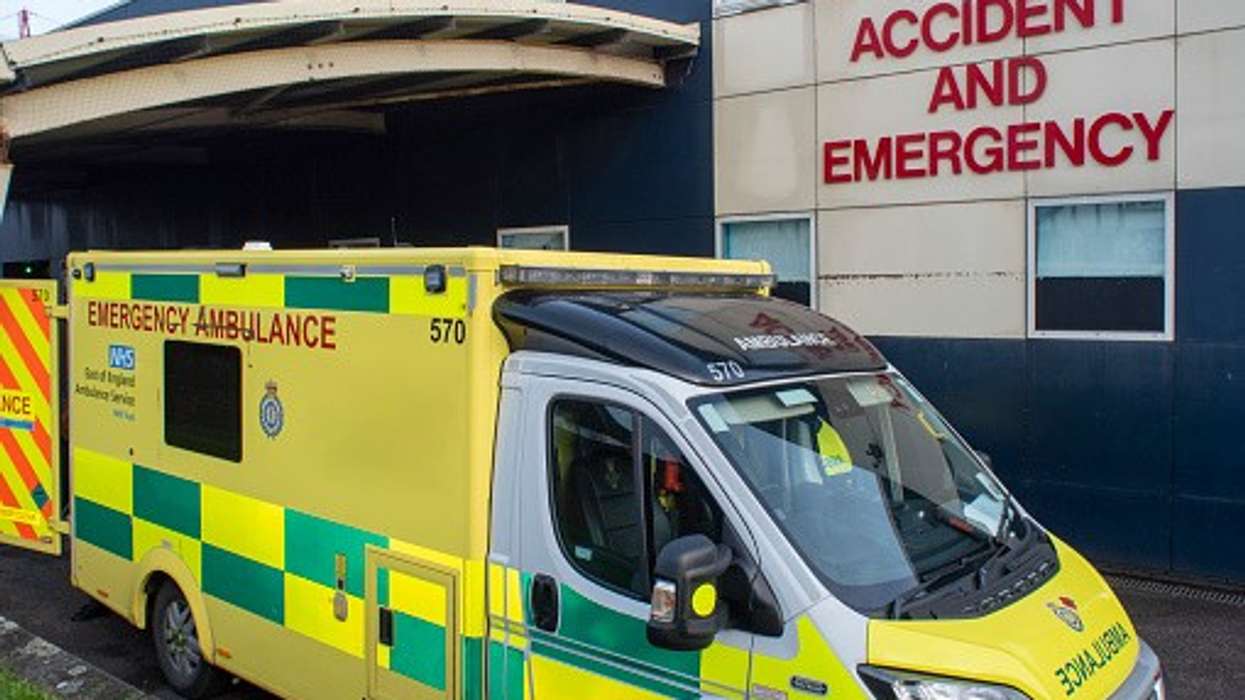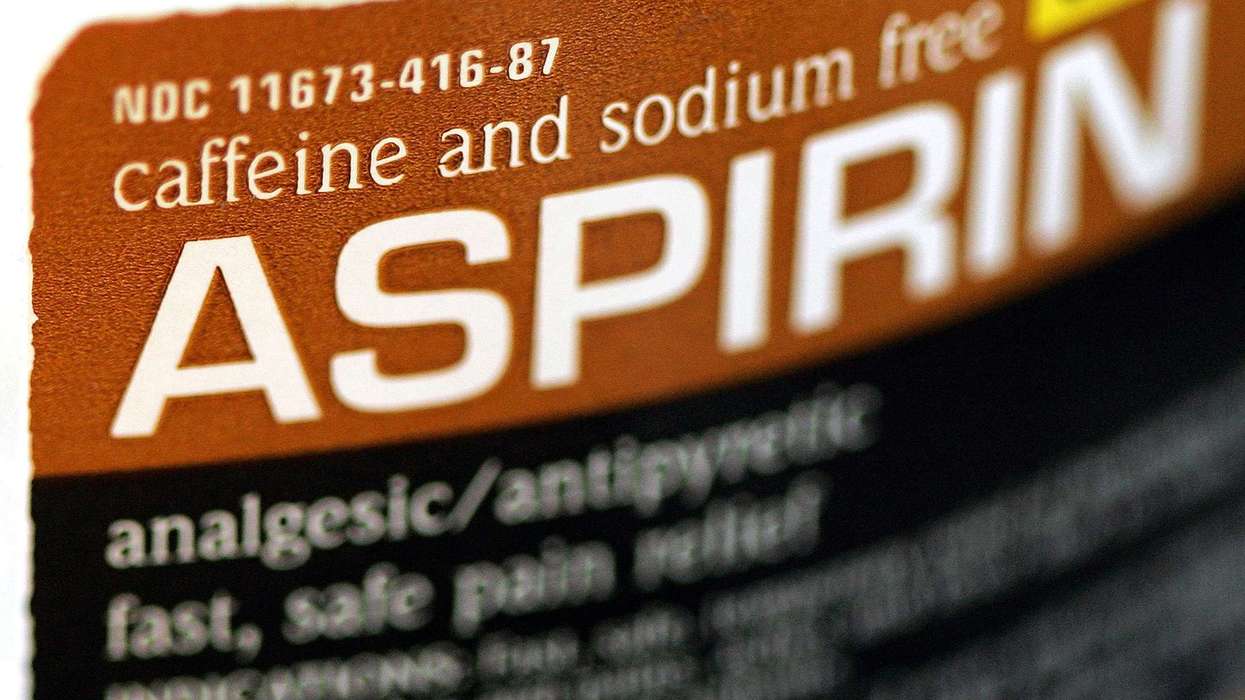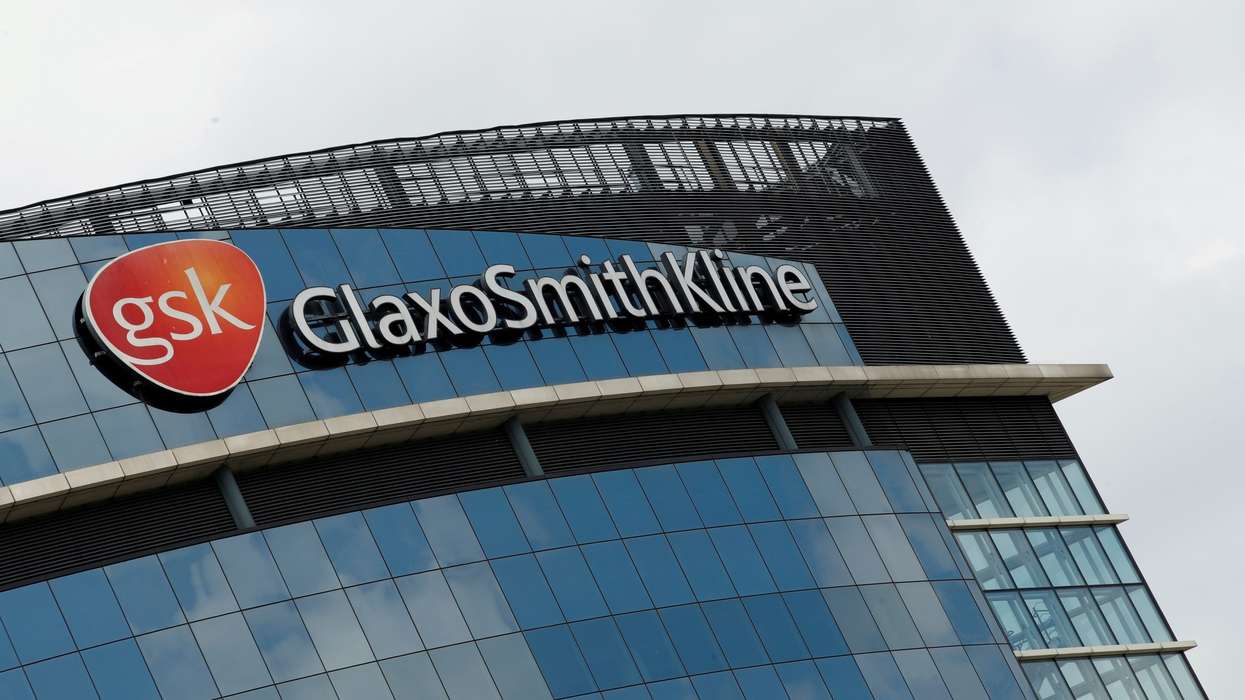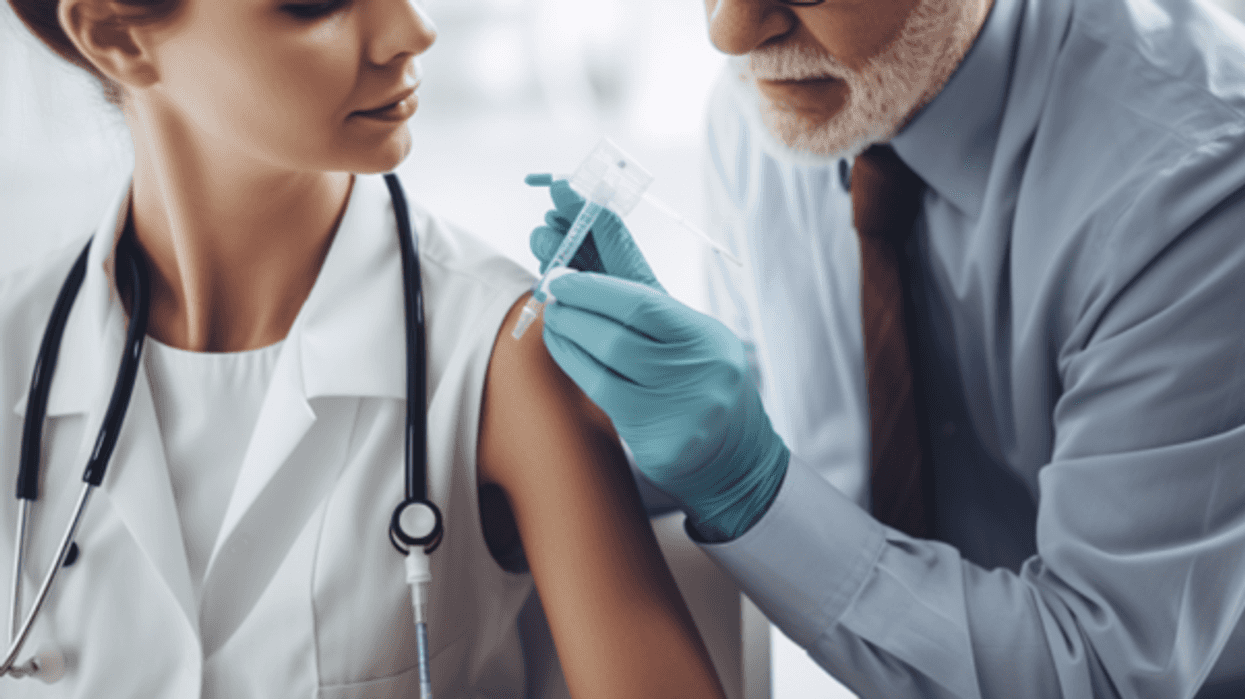Key Summary
- Around 85 percent of parents believe that childhood vaccines are safe
- They showed strong awareness of the risks posed by vaccine-preventable diseases
- Healthcare professionals, GPs in particular, continue to be the most trusted source for vaccine information
- More efforts are needed to attain the WHO target of 95 percent vaccination
A UK Health Security Agency (UKHSA) survey shows that parents continue to have high levels of confidence in the government's childhood vaccination programme.
The "Childhood vaccines: parental attitudes survey 2025", which tracks parental attitudes towards childhood immunisations across the UK found that most parents believe that childhood vaccines are safe (85 percent, up from 84 percent in 2023) that they trust them (84 percent up from 82 percent in 2024) and they work (87 percent compared with 89 percent in 2024).
Parents had a strong awareness of the risks posed by vaccine-preventable diseases, with over 90 percent agreeing that pneumonia, meningitis, hepatitis, polio, and septicaemia were serious.
The survey also captured parental attitudes towards newer additions to the vaccination schedule.
An important new pregnancy vaccine was introduced in September 2024 to help protect babies against Respiratory Syncytial Virus (RSV), and 85 percent of parents rated RSV infection as serious.
Healthcare professionals, GPs in particular, continue to be the most trusted source for vaccine information, with 76 percent of parents claiming they got information about children’s vaccines predominantly from healthcare professionals and official NHS websites.
Only 7 percent ranked the internet, and 3 percent social media, in their top three most trusted sources.
Most parents (79 percent) claimed they had already decided that their baby would have all the vaccines offered, and following a discussion with a health professional, more than half of these parents (53 percent) said they felt even more confident about their decision.
Among those who had decided not to vaccinate, 15 percent changed their mind after meeting a health professional.
Around 86 per cent of all parents felt they had received enough information to make an informed decision about vaccines offered to their children.
UKHSA deputy director Dr Julie Yates expressed satisfaction regarding the vaccination survey figures, but said that more needs to be done to meet WHO's benchmarks.
"We know that many parents and carers have busy lifestyles, and that finding time to ensure your child attends their appointment can be a challenge. That is why we are working with the NHS and partners to improve access to childhood vaccination services. Getting our rates up to the 95 percent WHO target required to eliminate these diseases will take sustained effort and a long-term commitment across the public health system, and we are working together and with families and communities to do this."
NHS England National Director for Primary Care and Community Services, Dr Amanda Doyle, lauded the GPs, health visitors and nurses for educating parents about vaccinations for children and earning their confidence.












